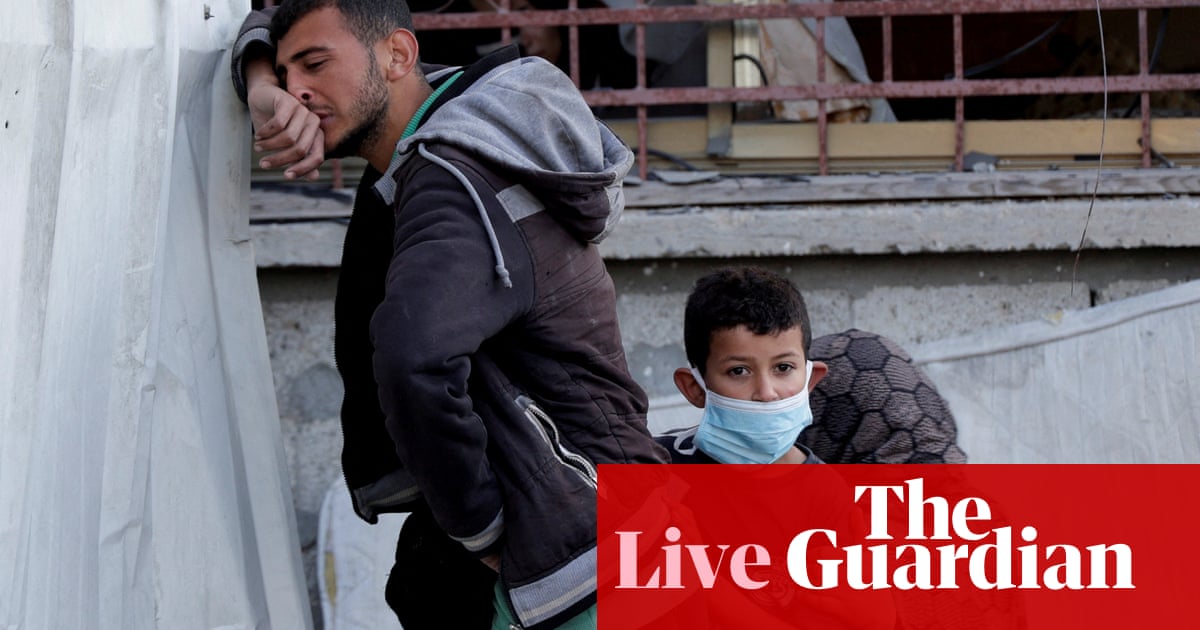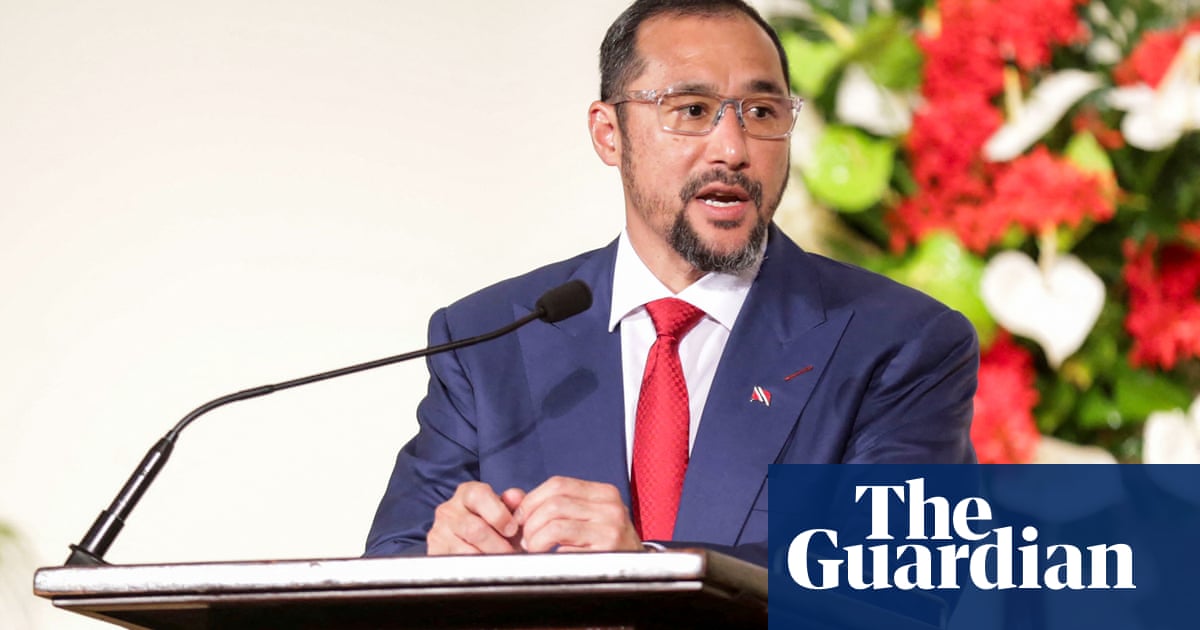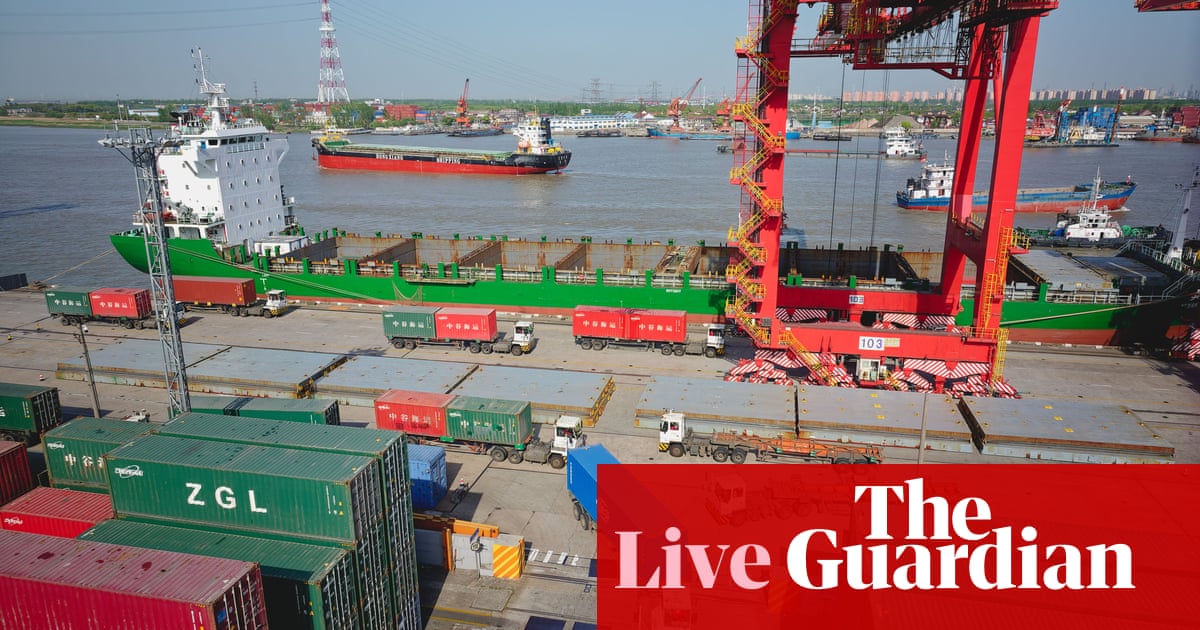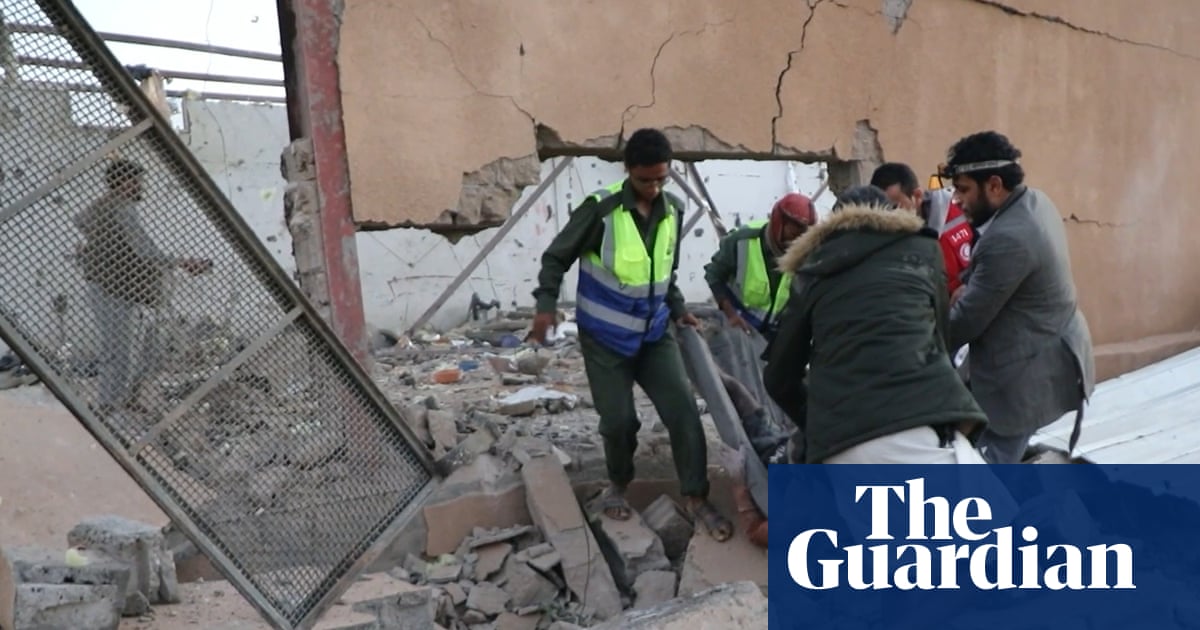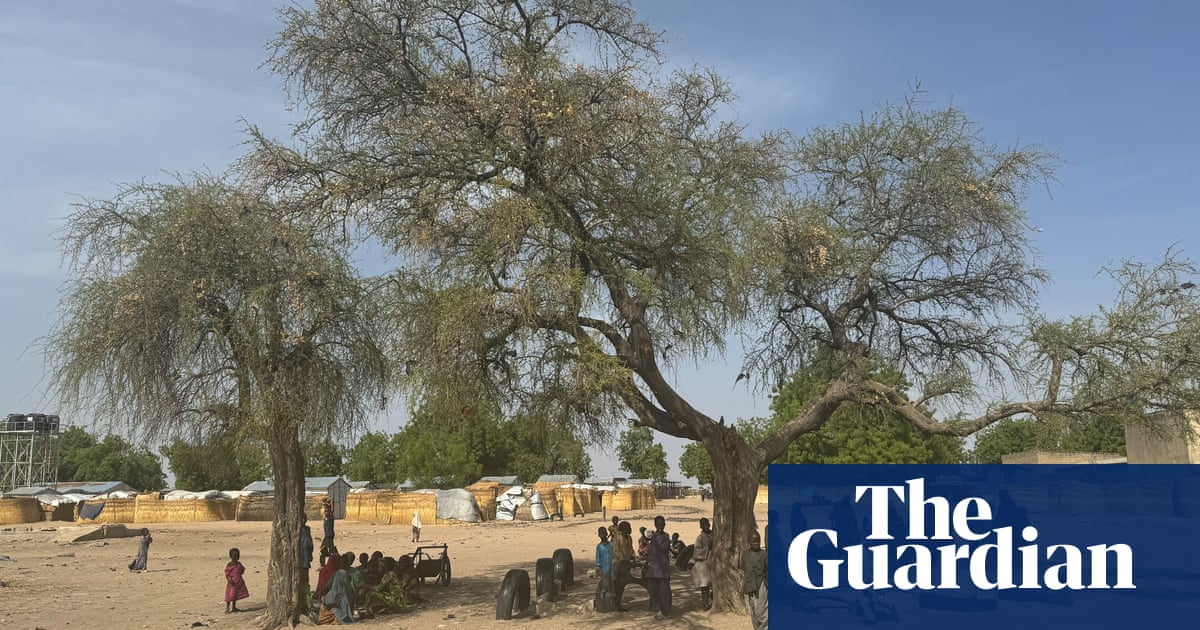Former law student Samuel, 19, fled his home town of Geneina shortly after it was ransacked during one of the worst massacres of Sudan’s brutal civil war, which has killed tens of thousands and displaced more than 13 million people.
After making it overland to Libya, Samuel spent two days crossing the Mediterranean in June before being rescued by a cargo ship and escorted by the Greek coastguard to Crete.
He is now being held in the Avlona youth prison, 28 miles (45km) north of Athens, along with an estimated 50 other Sudanese men, most of whom, lawyers and activists say, are war refugees who have been detained and accused of migrant smuggling after seeking asylum in Europe and arriving on the Greek island of Crete.
Samuel was identified by other passengers as the dinghy’s pilot, a violation of several Greek laws including aiding the transfer of illegal migrants. If convicted he faces a possible 15 years in prison.
He says he is no smuggler, but a refugee seeking safety in Europe. He paid smugglers 12,000 Libyan dinars (£1,660), which he says was a discounted fare on the condition that he navigate the boat. He has said he didn’t know how to steer or even swim. “It was steer or they would kill me,” he told Greek prosecutors in his testimony.

Hundreds of people have been arrested under Greece’s harsh anti-smuggling law that came into force in 2014 with jail sentences of up to 25 years. Convicted migrant smugglers are now the second-largest group in Greek prisons behind those jailed for drug-related offences.
Activists and lawyers have said it is often the most vulnerable who will steer the boat, including men who sometimes agree to do it in return for a reduction in the price of passage for themselves or their family members. They say the criminalisation of refugees and asylum seekers is ineffective in disrupting smuggling networks, as the real smugglers are rarely on the boat.
“The very tough anti-smuggling law has been a timeless governmental weapon to minimise illegal immigration. In reality it is completely useless, only filling up Greek prisons with people who have no record or connection to criminal offences,” says Samuel’s lawyer Spyros Pantazis.
after newsletter promotion
Pantazis, an Athens-based criminal defence lawyer, describes Samuel as “brave and committed to a better future” and says the Greek prosecution’s case rests solely on witness statements taken by the Greek coastguard with no footage, digital evidence or proof of financial gain. Pantazis also says no witnesses will have to appear in court, depriving Samuel of the right to face his accusers.
“My family was torn apart. I have a mother and father and I am the eldest of six. Friends told me they are in refugee camps, but I have not spoken to them in over a year,” Samuel testified to Greek prosecutors in June 2024, shortly after his arrival.
Crete has recently emerged as Greece’s main entry point for migrants, accounting for more than a quarter of all arrivals since January 2025, overtaking previous hotspots such as Lesbos and Samos. According to Greek officials, more than 2,500 people have arrived in Crete from Africa so far this year.
Sudanese nationals make up the fourth-largest group of asylum seekers in Greece, overtaking traditional cohorts such as Syrians and Palestinians. UNHCR figures show arrivals on Crete increased more than sixfold in 2024 compared with 2023.

Gabriella Sanchez, a research fellow at Georgetown University, says the criminalisation of refugees from the civil war in Sudan contravenes the UN protocol on migrant smuggling, which “clearly establishes that a migrant cannot be prosecuted for facilitating his or her own smuggling. The practice across EU countries of prosecuting young migrants as smugglers goes against the protocol’s principles.”
Another war refugee, Justin Angui, 19, who fled Sudan in 2023, was found guilty of smuggling last month but is now appealing against his conviction. He says he saw his father killed before fleeing Sudan. In his court testimony, he said: “My mother told me to leave at any cost, so I fled to Libya. I worked in a supermarket to save up, then used those earnings – along with the small amount my mother had given me – to pay a smuggler and make the journey here.”
Angui now says he longs to speak to his mother and two younger sisters “I haven’t had any contact with them since I was imprisoned six months ago. I’ve lost hope – it’s all dark now.”
Julia Winkler, a political scientist who co-authored a 2023 report on migrant criminalisation in Greece, says: “What’s happening in Crete is a brutal example of how Europe’s so-called ‘war on smuggling’ is, in reality, criminalising the very act of migration.”
The Greek immigration and asylum ministry said it did not wish to comment.

.png) 4 hours ago
6
4 hours ago
6

